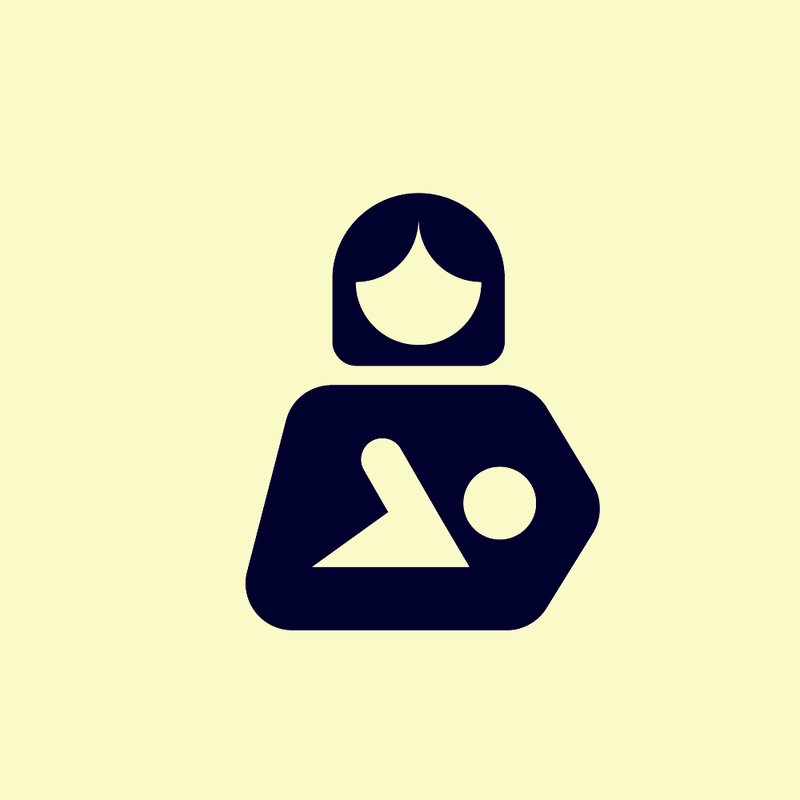First two yrs of breastfeeding would save 8.20 lakh babies annually: WHO
PTI Apr 12, 2018
Breast-feeding babies for the first two years would save the lives of more than 8,20, 000 children under five years of age annually, says a new 10-point WHO-UNICEF guidelines, aimed at promoting breast feeding.

"Breastfeeding also improves IQ, school readiness and attendance, and is associated with higher income in adult life (for the babies). It also reduces the risk of breast cancer in the mother," said UNICEF Executive Director Henrietta H Fore in a statement entailing the new guidelines, released on April 11. "Breastfeeding within the first hour of birth protects newborn babies from infections and saves lives. Infants are at greater risk of death due to diarrhoea and other infections when they are only partially breastfed or not breastfed at all," he said.
"But breastfeeding requires support, encouragement and guidance. With these basic steps, implemented properly, we can significantly improve breastfeeding rates around the world and give children the best possible start in life," Fore added. Accordingly, the new ten-point WHO-UNICEF guidelines aim at increasing support for breastfeeding in health facilities across the globe, providing maternity and newborn services, the statement said.
Listing practical steps that countries should take "to protect, promote and support breastfeeding in facilities providing maternity and newborn services," the guidelines seek to encourage new mothers to breastfeed and apprise health workers of steps to support it. They provide immediate health system platform to help mothers initiate breastfeeding within the first hour and breastfeed exclusively for six months, the WHO-UNICEF statement said.
The guidelines described how hospitals should have a written breastfeeding policy in place, staff competencies, and antenatal and post-birth care, including breastfeeding support for mothers. The guidelines also recommend limited use of breastmilk substitutes, responsive feeding, educating parents on the use of bottles and pacifiers, and support when mothers and babies are discharged from hospital.
WHO Director-General Dr Tedros Adhanom Ghebreyesus said that in many hospitals and communities around the world, whether a child can be breastfed or not can make the difference between life and death, and whether a child will develop to reach his or her full potential. "As part of every country's drive to achieve universal health coverage, there is no better way to start than by ensuring the ten steps to successful breastfeeding as the standard for care of mothers and their babies," Dr Tedros said.
-
Exclusive Write-ups & Webinars by KOLs
-
Daily Quiz by specialty
-
Paid Market Research Surveys
-
Case discussions, News & Journals' summaries